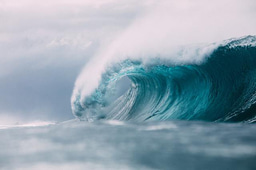Member exclusive
Resources
Yaki Magz: building capacity of youth ambassadors
Combining conservation with art we published this Magazine to create a fun and useful resource for our target audience: high school students in North Sulawesi who started their journey to becoming Ambassadors for the Sulawesi crested black macaque (locally known as 'yaki')
Like
Be the first to like this
Related Content

Yaki Magz: Edisi II (Indonesian)




